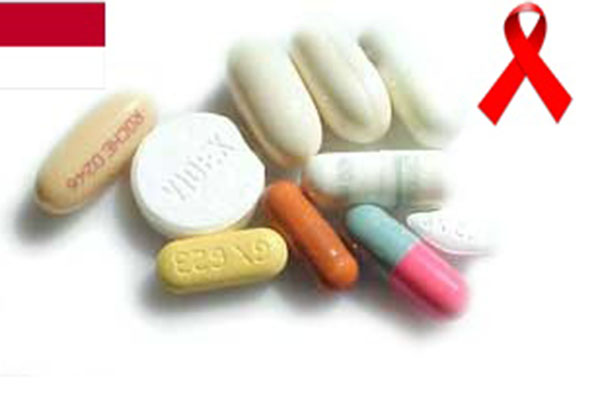
THE National Aids Council (NAC) has called on the government to financially capacitate local drug manufacturers to produce antiretroviral (ARV) drugs amid reports that the country has failed to procure the life-saving medications since the beginning of the year despite having budgeted $20 million for the essential supplies.
BY STAFF REPORTER
NAC operations director Raymond Yekeye said they had not done any procurement since the beginning of the year as they had not been allocated foreign currency by the Reserve Bank of Zimbabwe (RBZ) to secure the orders.
Aids activists have now called upon the RBZ to prioritise the drugs and all health-related items as this only affects the poor.
Reports said people living with HIV were now being given one week of ARV supply instead of the three-month supply.
NAC finance director Albert Maneji said more than $16 million being used to procure ARVs outside the country should be injected into local pharmaceuticals so that they would be able to manufacture the drugs.
“There is need to start manufacturing our own ARV treatment drugs,” Maneji said.
“We will be able to manufacture more drugs if the money we are using to buy drugs is injected into local companies.”
- Chamisa under fire over US$120K donation
- Mavhunga puts DeMbare into Chibuku quarterfinals
- Pension funds bet on Cabora Bassa oilfields
- Councils defy govt fire tender directive
Keep Reading
NAC procures ARVs from India.
Other stakeholders in the health sector warned that the shortage could reverse the gains made in reducing HIV and Aids-related deaths.
Community Working Group on Health director Itai Rusike said the shortages would compromise the health of 35% of the estimated one million people on second line treatment as they would default on taking their medication.
“Limited availability of ARVs impedes patient initiation, adherence and poses a major barrier to win in the HIV response as a country,” he said.
“If the current situation is not addressed urgently, the country will end up losing some of the gains recorded over the past years. It is important that the government secures access to ARVs for the realisation of the 90-90-90 objectives; that is to initiate 90% of diagnosed patients and obtain viral suppressing in 90% of those on antiretroviral therapy,” Rusike said.
The shortage of ARVs in the country comes at a time the World Health Organisation has warned of a drug-resistant HIV strain as an emerging threat in developing countries.











